-

Rae Robertson-Anderson
-

Ashlee McGovern (she/her)
Postdoctoral Scholar
Contact: amcgovern-at-sandiego.edu
-
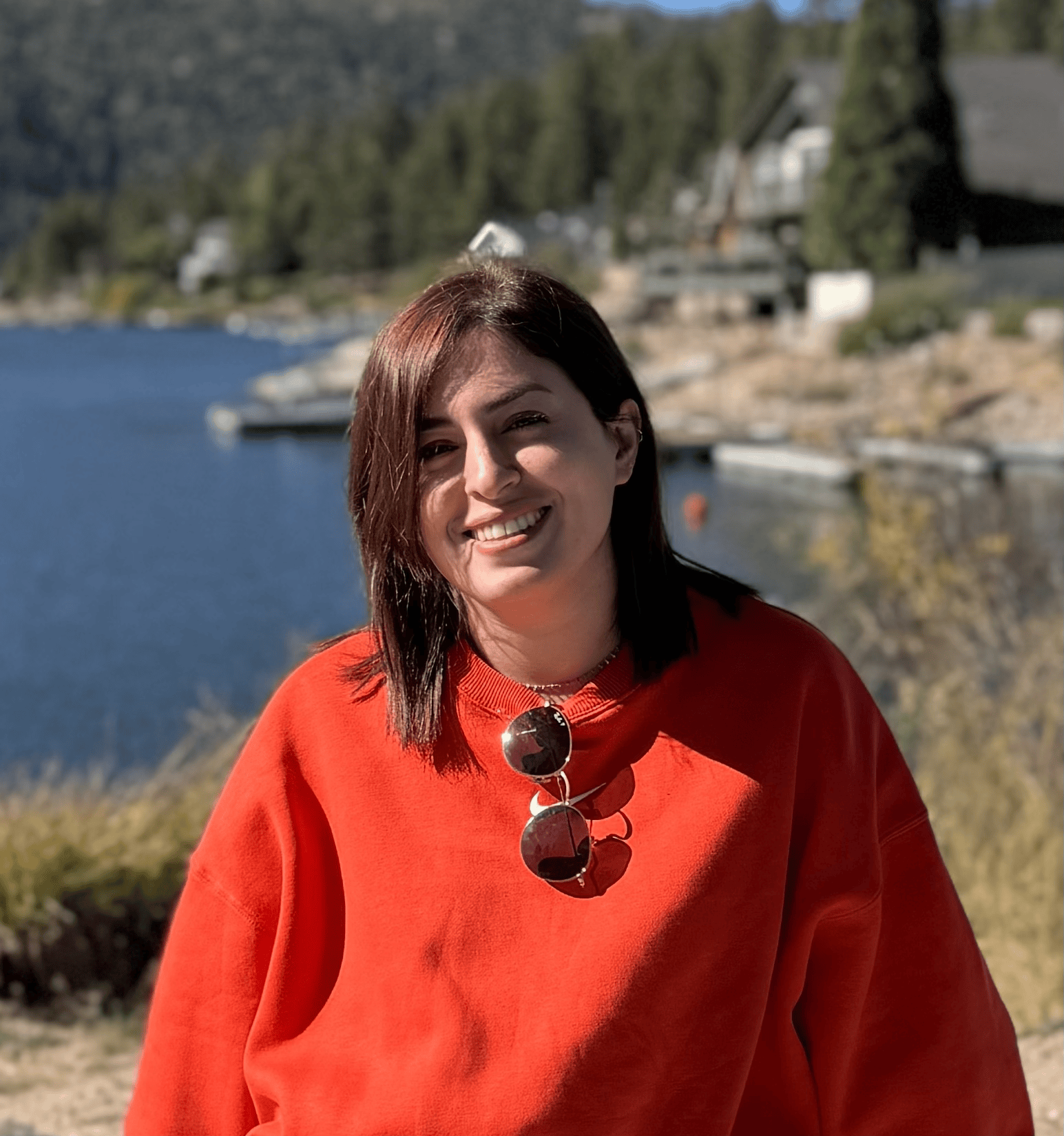
Samaneh Rahbar
Postdoctoral Scholar
Contact: srahbar-at-sandiego.edu
-
Aysan Razzaghi
-

Shirlaine Juliano
-

Ian Lillie
-

Aditya Sriram (they/them)
-
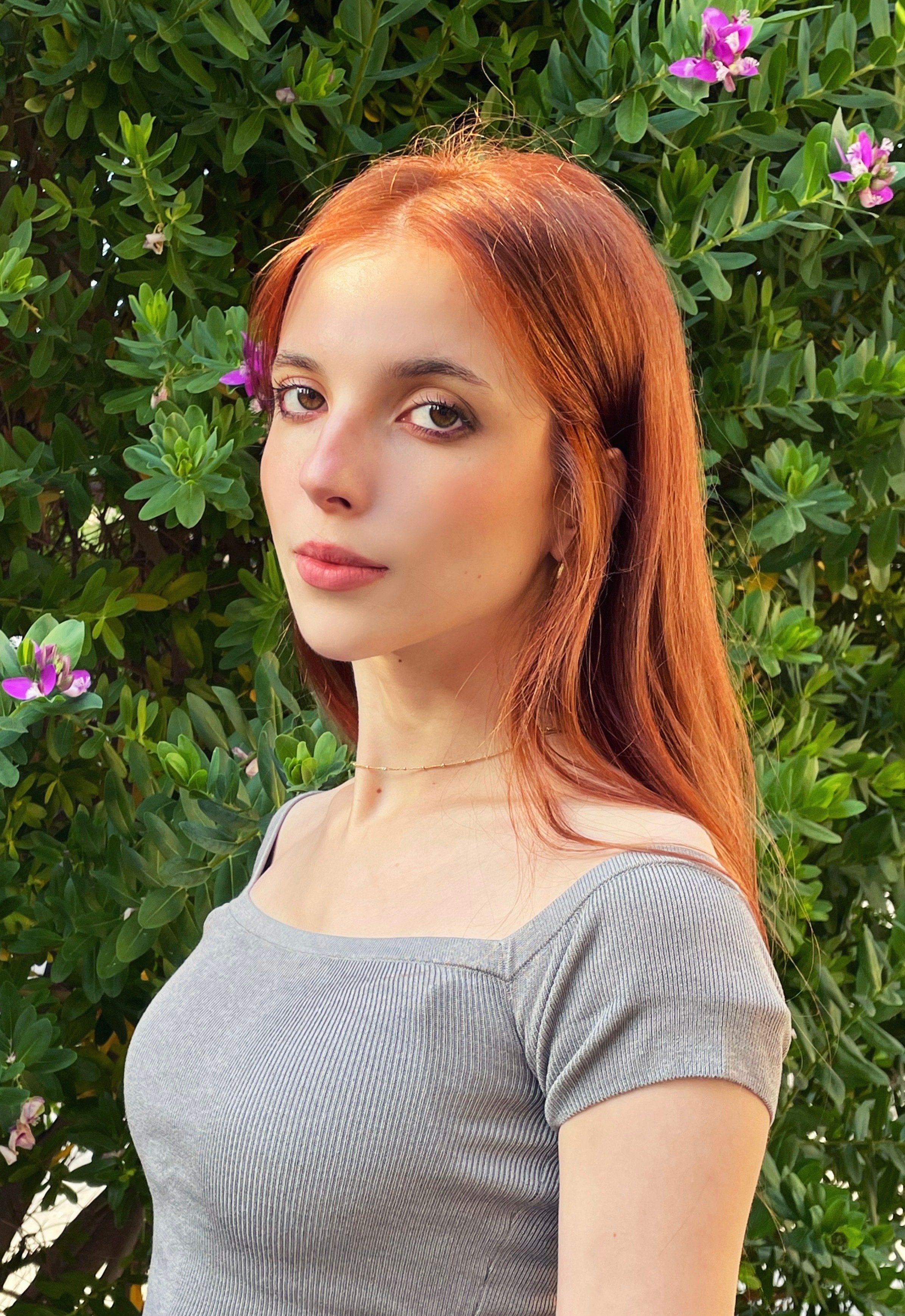
Katarina Matic
-
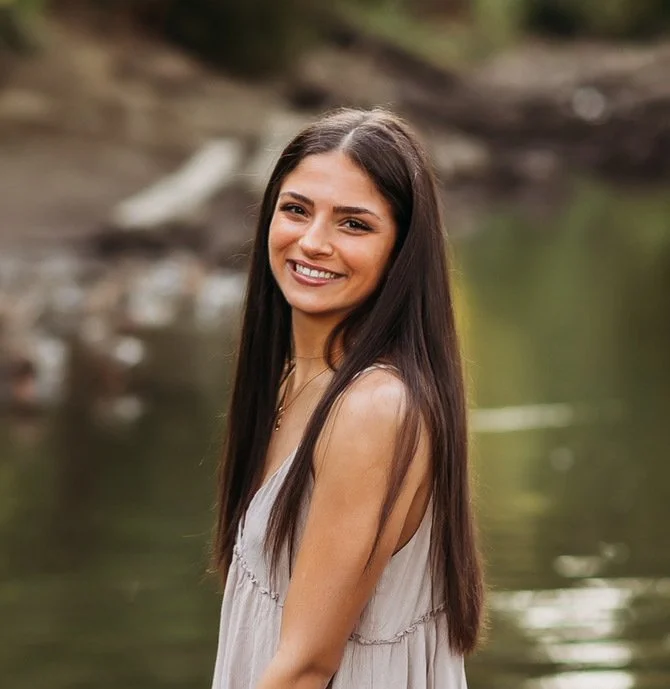
Dimitra Protopapas
Undergraduate Student
-
Emma Riggle
Undergraduate Student
Contact: eriggle-at-sandiego.edu
-

Sean O'Keefe
-
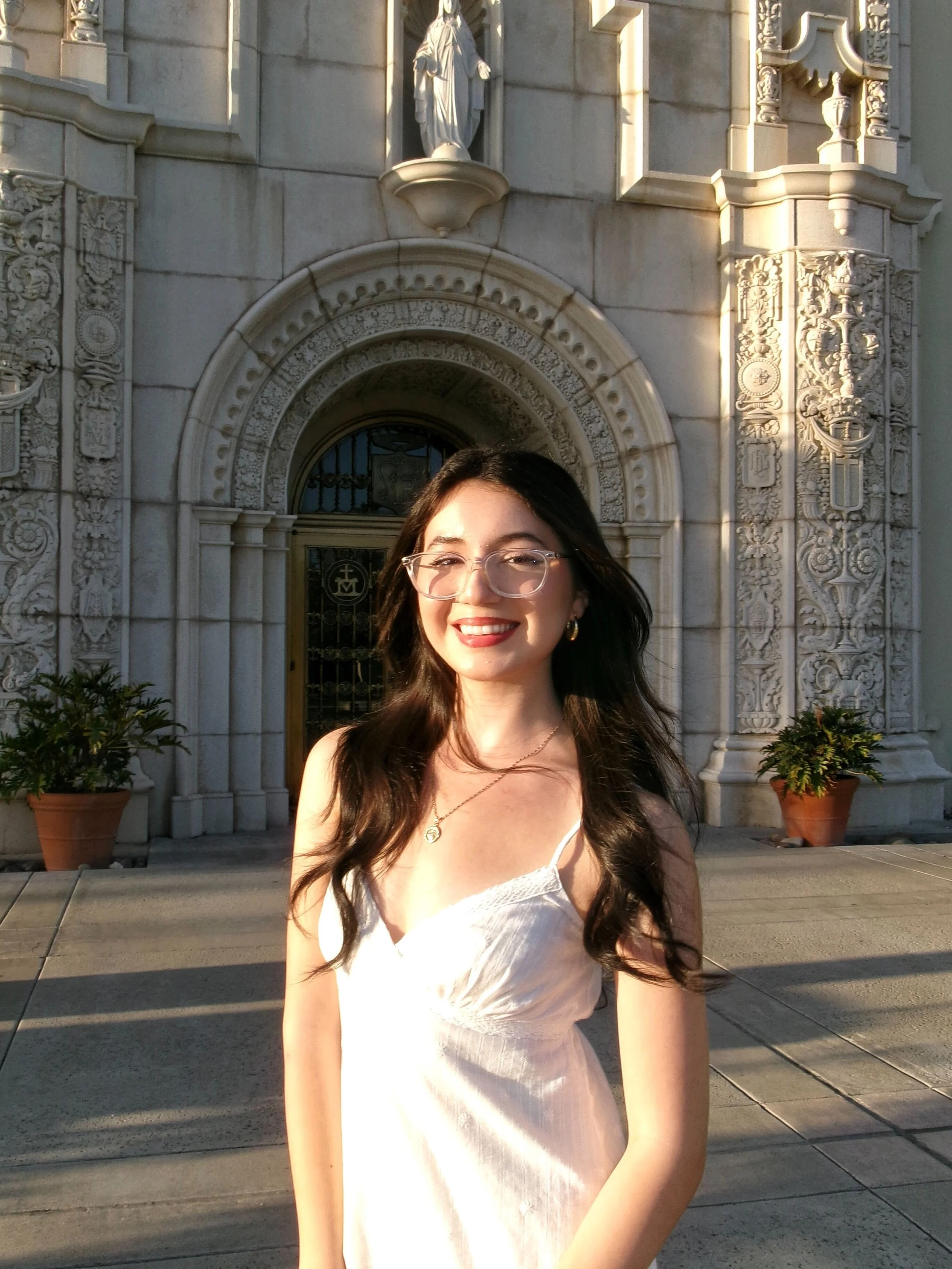
Adrianna Galvan
-
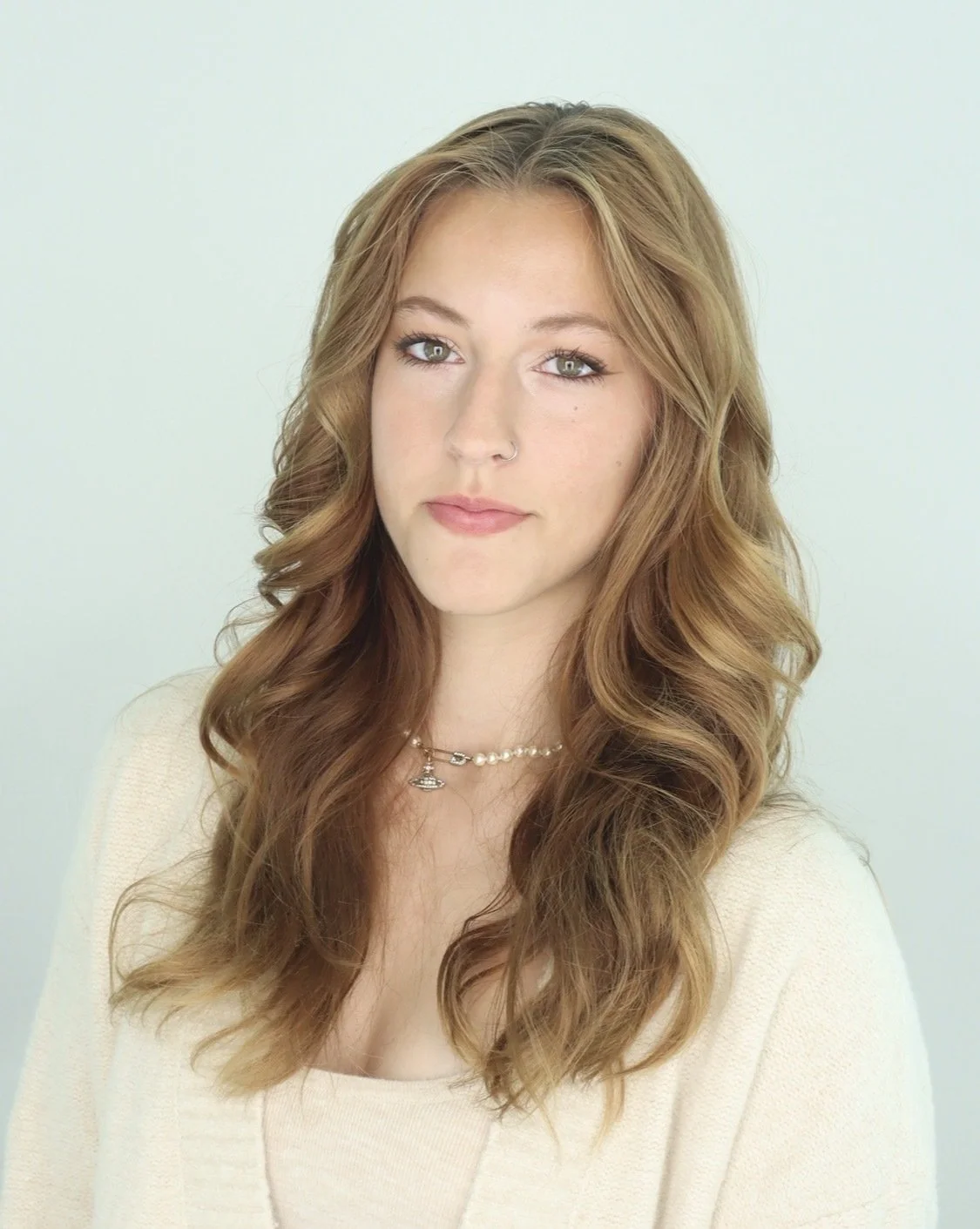
Anna Maria Hernandez
-

Geraldine Ramirez
Undergraduate Student
Contact: gramirezvelazquez-at-sandiego.edu
-
Eric Feng
High School Student
-
Sarah Tsu
High School Student
-
Danna Aguilar
-
Sylas Anderson
National Jewish Health
Clinical Laboratory Scientist
LinkedIn -
Madison Francis
Dexcom
Lab Technician
LinkedIn -
Jonathan Garamella
LumiraDX
Research Scientist
LinkedIn -
Bekele Gurmessa
Buknell University
Assistant Professor of Physics & Astronomy
Website -
Maya Hendija
-
Manas Khan
IIT Kanpur
Assistant Professor
Website -
Pawan Khanal
UC Berkeley
Doctoral Candidate
LinkedIn -
Gloria Lee
University of San Diego
Physics Faculty
LinkedIn -
Megan Lee
UC San Diego Health
Staff Research Associate
LinkedIn -
Juexin Marfai
-
Karthik Reddy Peddireddy
-
Kathryn Regan
Boston University
Doctoral Candidate
LinkedIn -
Shea Ricketts
UNC at Chapel Hill School of Medicine
Doctoral Candidate
LinkedIn -
Anindya Chowdhury
-
Camyla Cueva
-
Michael Arellano



